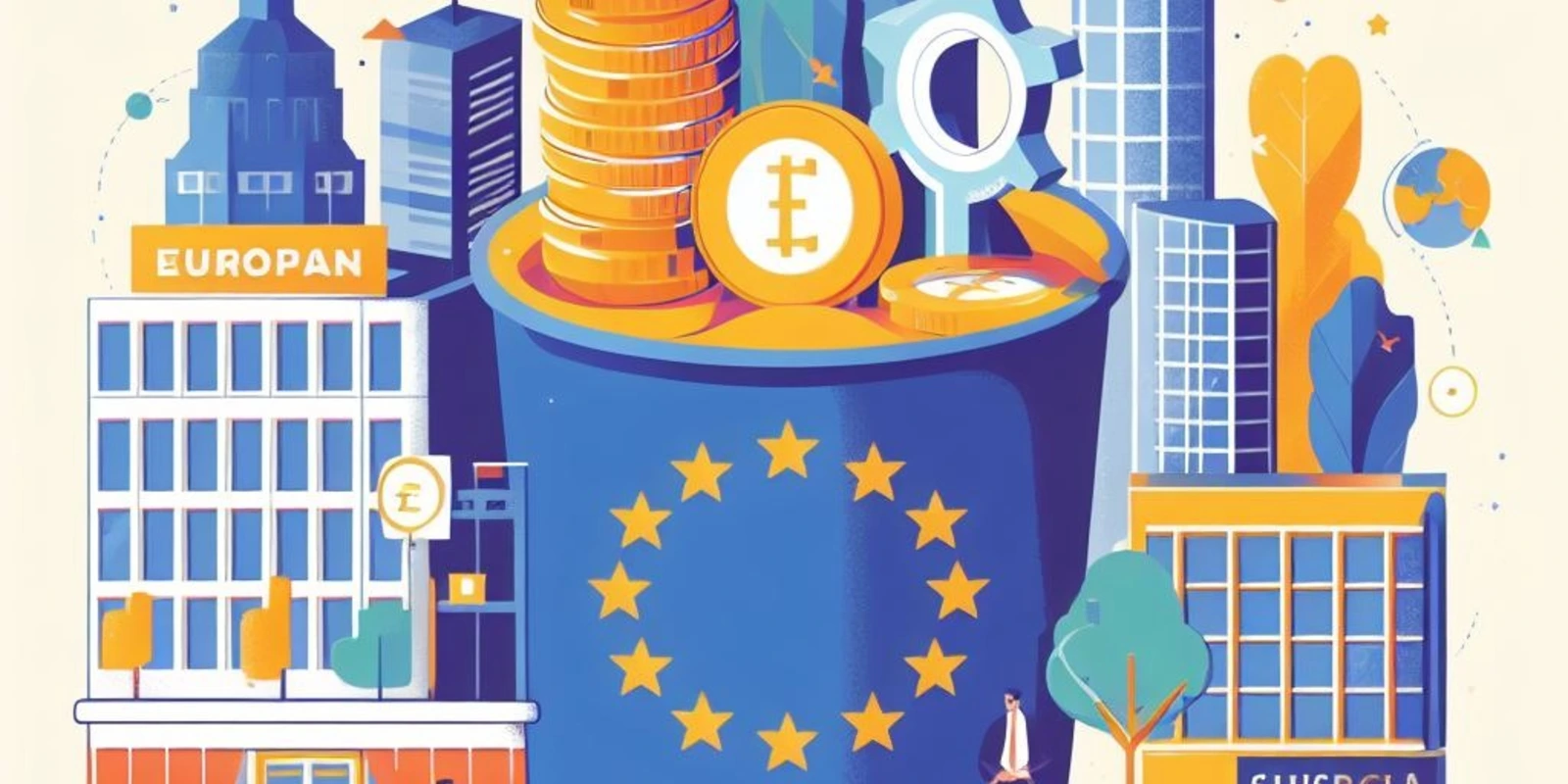
European Investment Fund: Stimulating Europe's Micro and Small Businesses

The European Investment Fund (EIF) is a linchpin in the European Union's strategy to foster economic growth and innovation, particularly within the micro and small business sector. This article delves into the role of the EIF, its impact on small businesses, and how entrepreneurs can leverage these opportunities for growth and development.
Established in 1994, the EIF primarily focuses on supporting Europe's micro, small and medium-sized enterprises (SMEs). It achieves this by facilitating access to finance, especially for those businesses that find it challenging to secure funding from traditional sources. This is crucial because small businesses are often considered the backbone of the European economy, contributing significantly to job creation and innovation.
The EIF operates by working with a wide range of financial intermediaries, including banks, microfinance institutions, and venture capital funds. By providing guarantees and taking on part of the lenders' risk, the EIF makes it easier for these intermediaries to offer loans, equity, and guarantees to small businesses. This system helps in bridging the gap between ambitious entrepreneurs and the capital they require to grow.
One notable initiative is the Competitiveness and Innovation Framework Programme (CIP), which aims to encourage the competitiveness of European enterprises. Under this program, the EIF offers guarantees that reduce the risk for lenders, enabling them to provide more loans to small businesses at favorable terms. This approach has proven successful in stimulating investment and aiding businesses in their growth trajectories.
The EIF also plays a pivotal role in implementing the InnovFin initiative under Horizon 2020, the EU's research and innovation program. InnovFin provides a range of financial products, including guarantees and risk-sharing facilities, designed to support innovative companies across various stages of development.
Furthermore, the EIF is instrumental in the deployment of the European Fund for Strategic Investments (EFSI), a key component of the Investment Plan for Europe, also known as the Juncker Plan. EFSI aims to mobilize private investments in projects that are strategically important for the EU. Small businesses benefit significantly from this, as it provides them with additional avenues for funding.
For entrepreneurs looking to tap into these opportunities, understanding the application process and eligibility criteria is crucial. The EIF does not provide funding directly to businesses; instead, it works through its network of partner financial institutions. Entrepreneurs should approach these intermediaries to access the financial products supported by the EIF.
It's important to note that the EIF's support is not limited to funding. It also includes advisory services to help businesses scale up and enhance their operations. For instance, the European Investment Advisory Hub provides tailored advice on project development, helping businesses become more investment-ready.
In conclusion, the European Investment Fund is a vital catalyst for growth and innovation in Europe's micro and small business sector. By facilitating access to finance and providing support services, the EIF is helping to create a more dynamic and competitive European economy. For entrepreneurs and small business owners, understanding and leveraging the EIF's offerings could be a game-changer in their entrepreneurial journey.







Your insights and experiences enrich our community. Dive into the discussion and share your thoughts with us below!